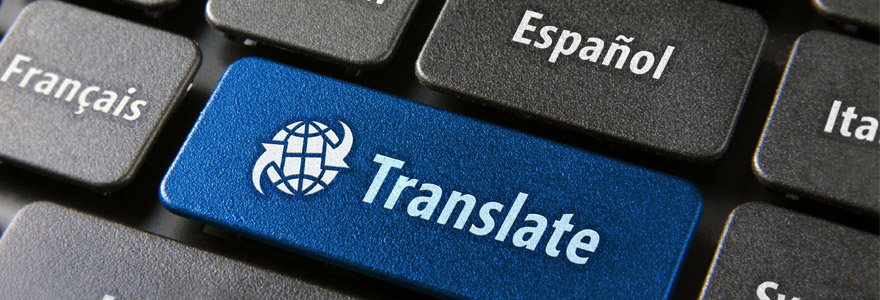The translation of legal paperwork by a translator who is sworn by the court is what constitutes a sworn translated document. An expert translator interprets legal documents such as birth certificates, title deeds and contracts so that they are suitable to use in different settings. Translators who offer these services must be properly certified and accredited. These documents are crucial to various proceedings and, therefore, must match the originals exactly. Why should you hire an expert to make a sworn translation, though? What benefit do these services offer?
Meet Process Requirements
When conducting legal business in a foreign country, it is necessary to have a legal translation of your papers. The process could be anything from a job application to a Visa application to land purchase. Having a certified and licenced translator to translate your documents will guarantee that you adhere to the requirements of whatever process you are going through. The time it takes to translate official documents depends on the type of paperwork, length and translator.
Officially Certified Documents
In some regions, a certified translator only has to sign and stamp documents to be considered certified. Some jurisdictions require a translator to sign the paperwork in front of a solicitor or notary. Whatever the case, hiring a translation service with the right credentials ensures that you can deliver certified forms. A legal translation is valid to use in court, which is another huge advantage. You can present such a document in various official capacities.
Accuracy of Documents
Another reason an expert translator is necessary for certified documents is to guarantee accuracy. Inconsistencies and inaccurate information can be disastrous in particular situations. Take a medical report, for example. The presence of a word that is not an accurate representation of the original details can alter the meaning of the whole report. For documents being used in legal processes, inaccuracies can result in unforeseen penalties. A sworn translator knows the importance of accuracy and observes it. In some regions, the translator has to attach a guarantee of the document's accuracy.
Which Documents Can be Translated
The range of translation services varies from one company to another, but you can have almost any legal document translated. Business and other legal contracts such as rental leases, marriage certificates, birth certificates, affidavits, witness statements and school certificates are examples of documents that you can have translated. Companies can use certified translators for business technical documentation, organisational statutes and annual financial reports, among others. There are no standard regulations for sworn translation, so you can't be sure about the services that a translator offers. However, the general rule is that the translated documents must retain the exactitude of the legal terms contained in the originals. The translated paperwork should be as close to the original as possible, if not exact. In instances where an official translation doesn't match the original, the translator can be held in contempt of court. The swearing of translators is under a penalty of perjury hence, the different quality of work from conventional interpreters. Note that a certified translation only indicates that it is an accurate representation, but it is not proof of legality of a text. Legal translation is required when translating official documents to present to a foreign authority. Paperwork interpreted by a certified translator must meet specific standards of quality and accuracy. Translated texts must match the information on the original to pass verification. Depending on the country, a translator may have to include a supporting document such as an apostille to vouch for the credibility of the translated work.


